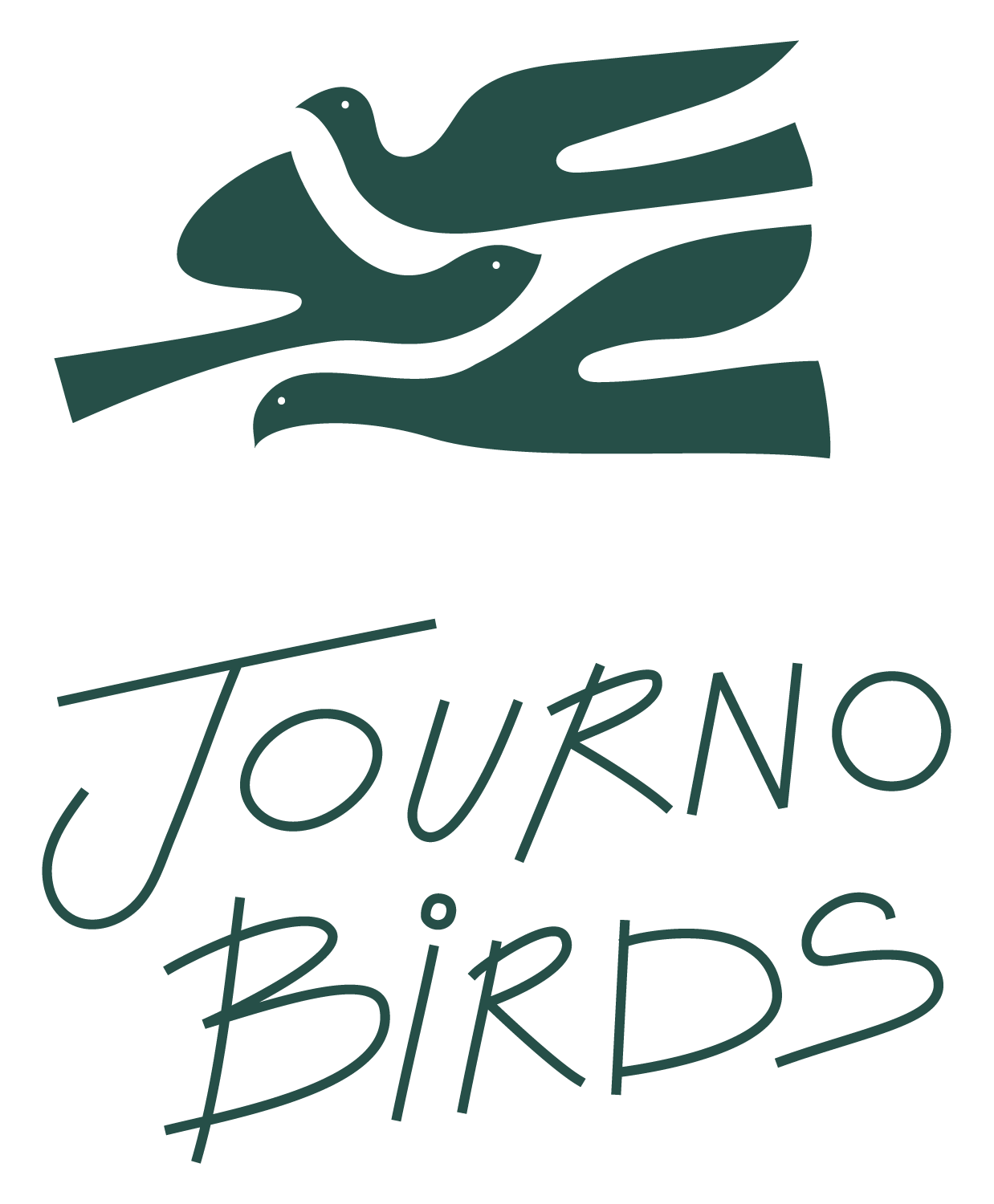
Our trip to the blocked Moldovan villages
The Moldovan villagers who fought for (and won!) their freedom in the 90s are still locked by the Russian-influenced territory Transnistria.
We took the ferry to visit Molovata Noua and Cocieri. That’s the only way to get to these villages if you don’t want to enter the breakaway region of Transnistria. Not everyone can pass this territory. Those who do, have to endure more checks by guards.
Moldova is a landlocked country, but here, in the port of Molovata, in the Eastern part of the country, it feels like the seaside. The river stretches over 1.5 kilometers wide and brings a fresh breeze with it.
The ferry is free and runs six times a day. The Moldovan guards wave us off with a smile and the world around us seems to slow down as we gracefully slide over. Suddenly, a ferry stops with a clunk, bringing us quickly back to reality. Here, the Transnistrian police and the Russian soldiers walk by, holding onto their rifles. We avoid eye contact.
A unique terrain of the East part of Moldova.
For us it’s eerie to be greeted by gunmen. For locals – that’s how they reach their homes. We simply came from one Moldovan village to another, but the Transnistrian authorities have created a checkpoint here. Transnistria is nearby, in the next village. In this limbo-territory, rubles are used and Russian is the main language. Romanian is written in Cyrillic. People are not free to speak about everything.
But today is the time for celebration. It’s the village day – or hram, as the locals call it. It’s as Moldovan as it gets; having a glass of wine and dancing in circles to the folk tunes, eating meat and potatoes, to celebrate home village.
The local choirs sing about the good life and love. The kids jump on an inflatable bounce house. A trackless train with toddlers passes by. School students dressed in folk costumes notice our cameras and ask for a group photo. The girls organize a neat row, while the boys pose alongside. They are about to perform ciuleandra, one of the most famous folk dances in the region. It’s a nostalgic, yet hopeful dance. Typically, the men cheer and encourage each other to form a circle. “Like that, like that!” they scream out. Today, instead of men, who are sitting in the back, sipping wine and puffing on cigarettes, children perform it with humble smiles.

Ciuleandra, one of the most famous folk dances, is usually performed by men.
“It’s like we live on an island!”
We see an elderly couple in their yard. Their blue mailbox at the gate has bullet holes. Only three decades ago, here took place a bloody war. They remember how their house was attacked at night.
“Everything got hit,” Ilie and his wife tell us. “The windows were left without glasses. It was raining. What were we to do?”
The neighbors helped each other and rebuilt their homes.

Ilie and his wife show us the bullet holes from the Transnistria War.
Cocieri and Molovata Noua played a central role in the war where thousands died and got injured. It forced 80,000 people flee their homes. The Republic of Moldova had just regained independence from the Soviet Union on August 27, 1991, and hadn’t even begun to form its own army, when the clashes started.
The Transnistrian separatists set up a military force with some 20,000 troops, according to some sources. They had been armed, equipped, and trained by the 14th Army of the Russian Federation, deployed in the region.
Without any training or proper equipment, the people in Cocieri and Molovata Noua stood up for their villages. Incredibly, they managed to win and stay under the Chisinau administration. However, a checkpoint was set up at the entrance to their villages, locking them in and making them depend on the foreign guards and the ferry schedules.
As Ilie and his wife sum up: ““It’s like we live on an island!” Ilie’s wife continued: “When we have to go to Chisinau, we have to pass the Moldovan police, the Transnistrian police, and the Russian soldiers. After crossing to the Transnistrian side, we pass by the Transnistrian militia and then again the Moldovan police. Just to reach Chisinau.”
To this day, the Transnistrian and Russian guards intimidate them. They must be careful with what they say if they want to move freely. We spoke to an elderly man, who fought for Molovata Noua and lost his best friend. He passionately told us how much he loves his village and how much he sacrificed for it. They won because they had a real cause – they needed to protect their homes. The enemy, on the other hand, fought just for the sake of it. Some of the Transnistriua war veterans are now fighting in Ukraine, to a similar cause.
Once we grabbed our cameras and voice recorders, many villagers’ tone changed. They mumbled that they prefer not to speak about “politics” and found a way to leave.
But not even sad memories could ruin today’s celebration. The singers of Molovata Noua invited us to break fluffy pastry with us and sip wine. “This is how we, Moldovan, are!” they said and raised their glasses. “We work, sing, speak, joke around and drink wine!”
By the river, a co-founder of pension Vila Dorului, Victoria Mușinschi, runs across the green grass. There is always something to do here for her and her husband. The hotel has only been opened for three years, but growing fast.
Running a business here is tough. The guards sometimes forbid certain goods to be transported across Transnistria, Mușinschi explains. Other times, when their potential customers forget to bring their passports or miss the last ferry, the hotel has lost clients.
Still, they have more requests that they can fulfill. The nature here is unique, Mușinschi explains. Hiking trails in pine forests and viewpoints with wide bodies of water with sandy soil – not a typical Moldovan scenery.
This was part of the reason why a Moldovan business owner Vladimir Keptene moved back from the USA and bought a vineyard on the hillsides of Molovata Noua. He is now producing sulfite-free eco wine and says that Molovata Noua is the most enchanting village in Moldova.

A Moldovan business owner Vladimir Keptene moved back to Moldova and started making his own organic wine.
“The river surrounds the whole village,” Keptene explains. “I don’t have to water my vineyards here. They get watered by the mist every morning. It’s magical!” Dniester is typically like a border for the Eastern and the Western world, he adds. “But this place is an exception – both riversides are still Moldova.”
In this between land, the opinions vary too. Some watch Russian propaganda channels and others follow Moldovan news. Some support the existence of the so-called Transnistria. Others lost their friends who fought against it. As long as you don’t speak about politics, you can co-exist peacefully.

The Dniester River bank in the sunset.


Leave a Reply